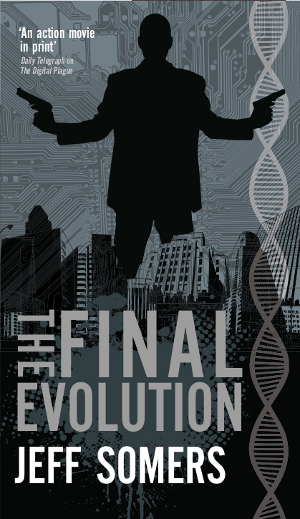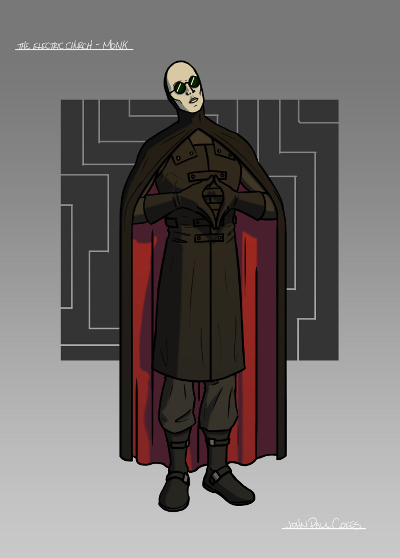Lifers
 It occurs to me that it’s been 10 years, more or less, since my first novel, Lifers, was published. Originally written in 1997, Lifers is the sordid tale of three young men who plot to rob the office where one of them works, more as a rebellion against settling into maturity than anything else. It’s not a very long novel. It doesn’t have a happy ending, really, though there’s no tragedy in it. I didn’t have an agent back in 1999 when I started shopping the book, so I went through The Writer’s Market and just mailed a query and/or samples to any publisher who would look at an unsolicited submission.
It occurs to me that it’s been 10 years, more or less, since my first novel, Lifers, was published. Originally written in 1997, Lifers is the sordid tale of three young men who plot to rob the office where one of them works, more as a rebellion against settling into maturity than anything else. It’s not a very long novel. It doesn’t have a happy ending, really, though there’s no tragedy in it. I didn’t have an agent back in 1999 when I started shopping the book, so I went through The Writer’s Market and just mailed a query and/or samples to any publisher who would look at an unsolicited submission.
I heard back from an outfit called Creative Arts Books out in California, a small press. They sent me your standard subsidy-publishing ambush. Nowhere in their listings did they call themselves a subsidy/vanity publisher (and I believe for a long time prior they actually had been a traditional small press), but suddenly they were offering to “publish” my book for a fee. Despite being young and agentless, even I was not stupid enough to fall for that. This was actually the third time I’d been ambushed by subsidy publishers – twice before I’d sent a query off to a company that made no mention of vanity publishing, only to get what I’ve come to call the “In These Difficult Economic Times” letter, where they claim that it is no longer possible for a small press to publish new authors unless the author is willing to pony up part of the printing costs of the book. Sometimes they offer you a bigger royalty as a carrot in this deal, but the fact is once you pay for the printing of the book they’ve actually already made a profit off of you, and therefore have very little reason to market or even distribute your novel.
So, I told Creative Arts to fuck off. No, really, I did. I wrote them a letter back saying fuck off, burn the manuscript, you suck.


